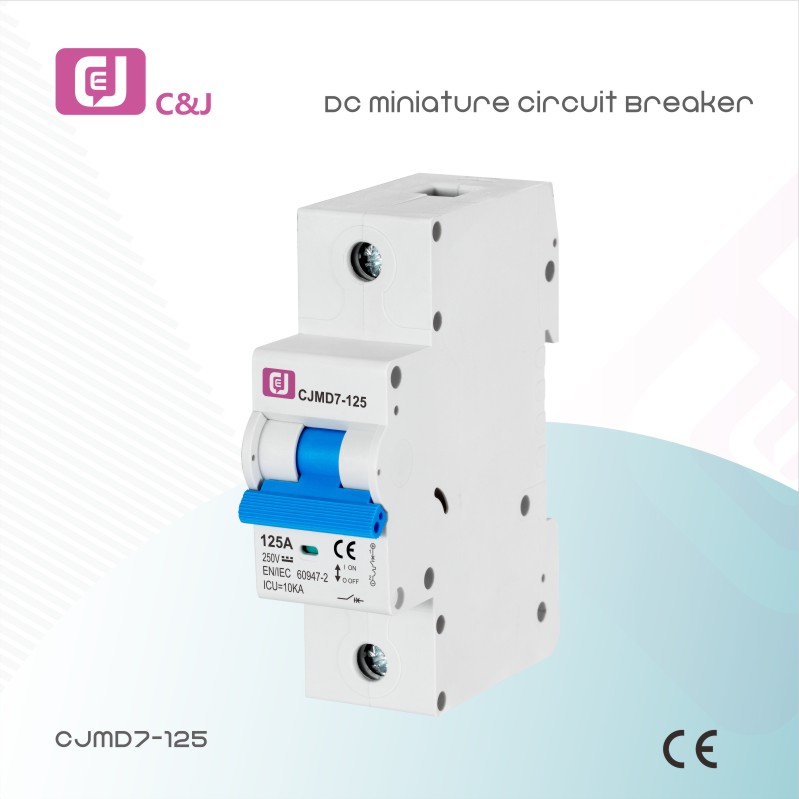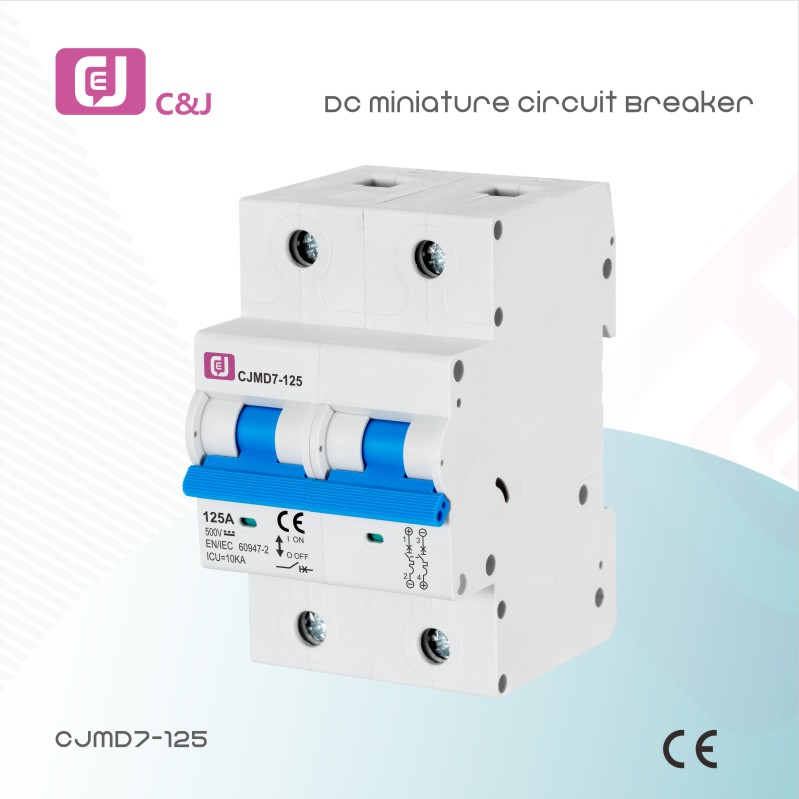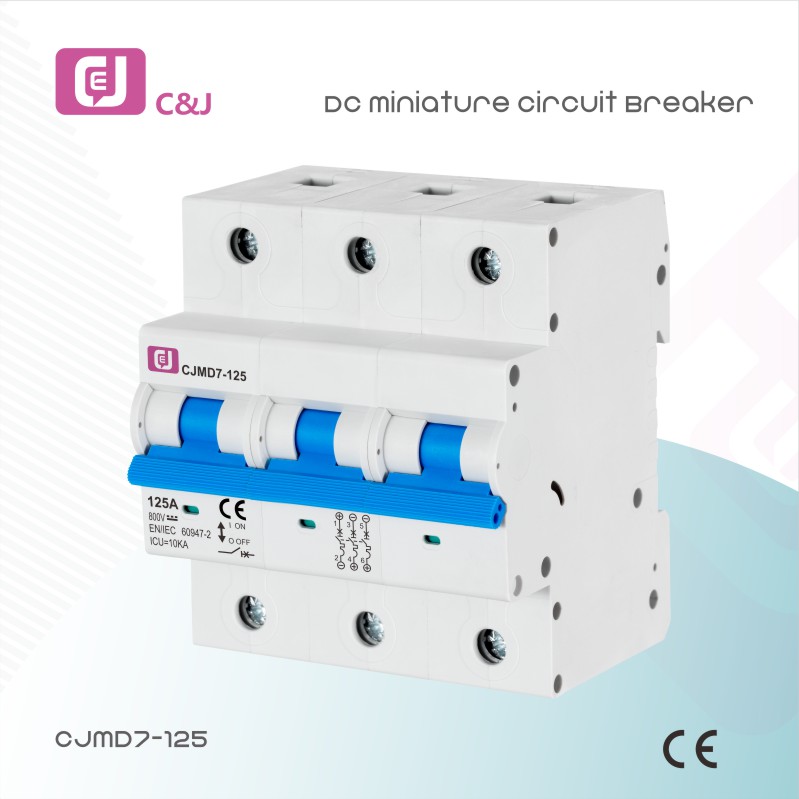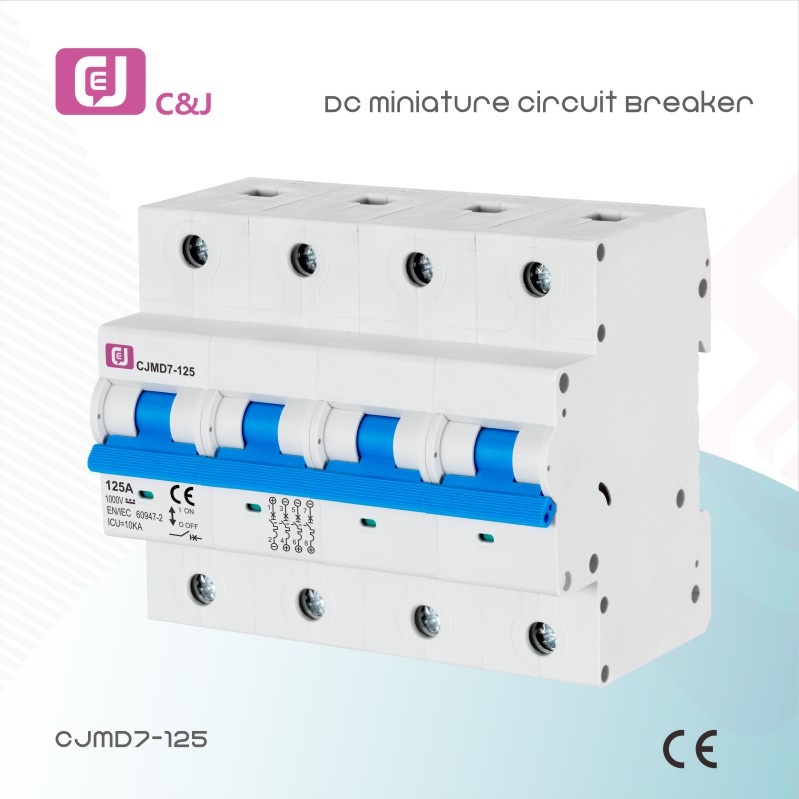Understanding DC MCB: A Comprehensive Guide
In the world of electrical engineering and power distribution, the term “DC Miniature Circuit Breaker (MCB)” has become essential. As the demand for efficient and reliable electrical systems continues to grow, understanding the role and function of DC Miniature Circuit Breakers is essential for professionals and enthusiasts in the field alike.
What is a DC miniature circuit breaker?
A DC miniature circuit breaker (MCB) is a protective device that automatically disconnects a circuit in the event of an overload or short circuit. Unlike AC miniature circuit breakers, which are used in AC systems, DC miniature circuit breakers are designed to handle DC applications. This distinction is critical because the behavior of current in a DC system is very different from that in an AC system, especially in terms of arc extinction and fault current characteristics.
Importance of DC Miniature Circuit Breakers
The importance of DC miniature circuit breakers cannot be overstated, especially in applications where DC power is prevalent. These applications include renewable energy systems such as solar photovoltaic (PV) installations, battery energy storage systems, and electric vehicles. In these cases, the reliability and safety of the electrical system is paramount, so the role of DC miniature circuit breakers is crucial.
1. Overload protection: DC Miniature Circuit Breakers (MCBs) are used to protect circuits from overloads. When the current exceeds the rated capacity of the circuit, the MCB will trip, disconnecting the load and preventing potential damage to the line and connected equipment.
2. Short-circuit protection: When a short circuit occurs, the DC miniature circuit breaker (MCB) can quickly detect the fault and cut off the current. This fast response is critical to preventing fire and equipment damage.
3. Safety of renewable energy systems: With the increasing popularity of solar and battery energy storage systems, DC miniature circuit breakers play a vital role in ensuring the safety and efficiency of these installations. They help manage the risks posed by the high currents and voltages common in such systems.
Working Principle of DC Miniature Circuit Breaker
The working principle of DC Miniature Circuit Breaker (MCB) is electromagnetic and thermal. When an overload or short circuit occurs, the internal mechanism of the MCB detects the overload current. The thermal element is responsible for long-term overload, while the electromagnetic element is responsible for momentary short circuit. Once a fault is detected, the MCB will trip, open the circuit and cut off the current.
Choose the right DC MCB
Selecting the right DC MCB for a particular application requires consideration of the following aspects:
- Rated Current: The current rating of the Miniature Circuit Breaker (MCB) must be able to handle the maximum current expected in the circuit. It is critical to select a device that can handle the load under normal operating conditions without tripping.
- Rated voltage: Make sure the rated voltage of the MCB matches the rated voltage of the DC system. Using a MCB with a lower rated voltage may cause malfunctions and safety hazards.
- Breaking capacity: This refers to the maximum fault current that the miniature circuit breaker can interrupt without being damaged. It is very important to choose a miniature circuit breaker with sufficient breaking capacity.
- Load Type: Different loads (resistive, inductive or capacitive) may require different types of MCBs. Understanding the nature of the load is critical to achieving optimal performance.
In short
In summary, DC miniature circuit breakers (MCBs) are an indispensable component in modern electrical systems, especially in applications involving direct current. They protect against overloads and short circuits, ensuring the safety and reliability of electrical equipment. As technology continues to evolve, the role of DC miniature circuit breakers will become increasingly important, so professionals in this field must understand their characteristics, benefits, and appropriate selection criteria. Whether in the field of renewable energy systems or electric vehicles, understanding DC miniature circuit breakers is essential for anyone involved in electrical engineering and power distribution.
Post time: May-19-2025





